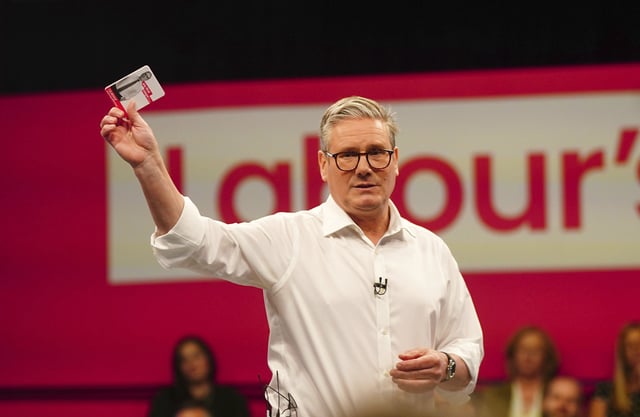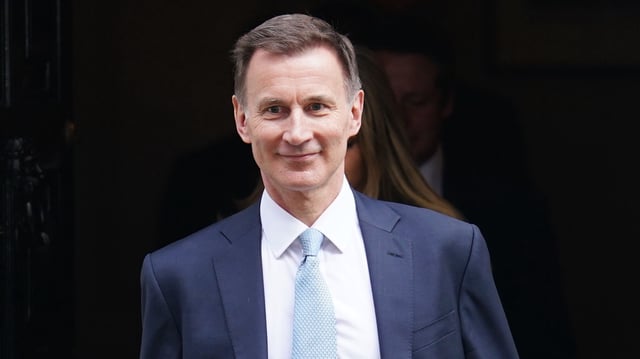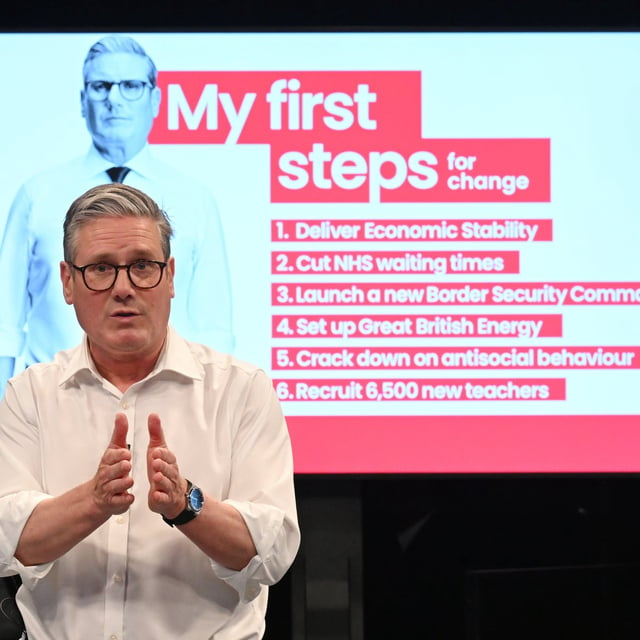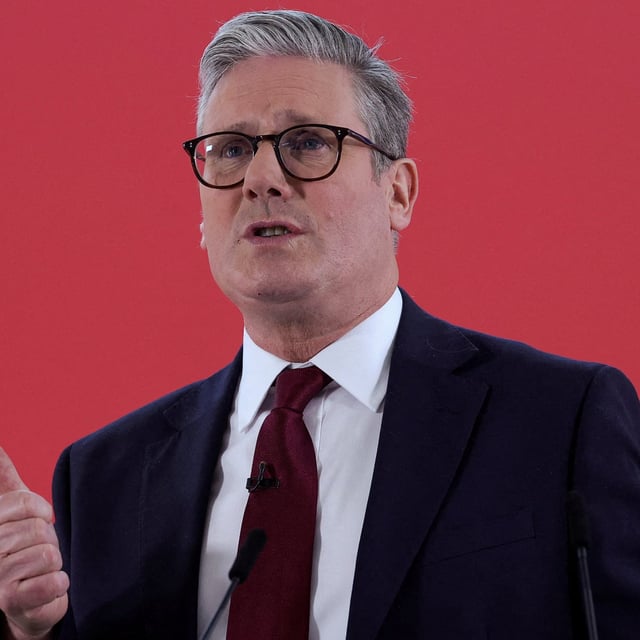Overview
- Hunt refuses to guarantee immediate tax cuts but emphasizes long-term reductions under Conservative governance.
- Labour accuses Conservatives of promoting unfunded tax plans that could harm pensioners and increase borrowing.
- Hunt pledges further national insurance cuts if economically feasible, aiming for eventual elimination.
- The Chancellor defends Tory economic record, attributing tax hikes to pandemic and energy crisis impacts.
- Liberal Democrats criticize Hunt's speech, alleging it attempts to erase past Conservative fiscal missteps.



